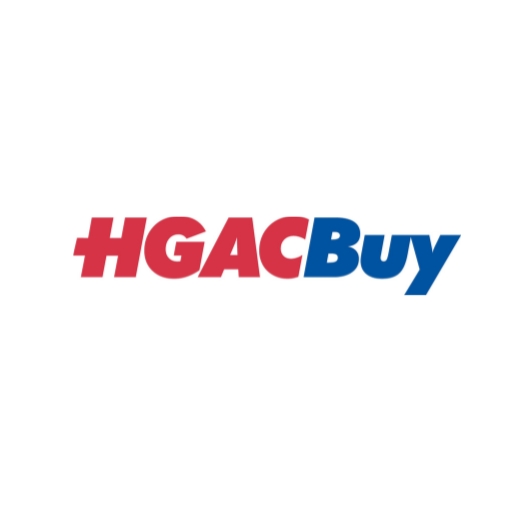- October 20th, 2025
- Jackson Parker
Stolen Box Truck Recovered – See Dash Cam Video
Oct 17, 2025 – A stolen box truck was forced off of the road after three attempted PIT maneuvers by the Pierce County Sheriff’s office in Tacoma, Washington. Two male suspects were observed driving the stolen box truck on Oct 12, 2025 at around 12:45am on eastbound 120th Street. Once the Sheriff’s deputies turned on […]




























